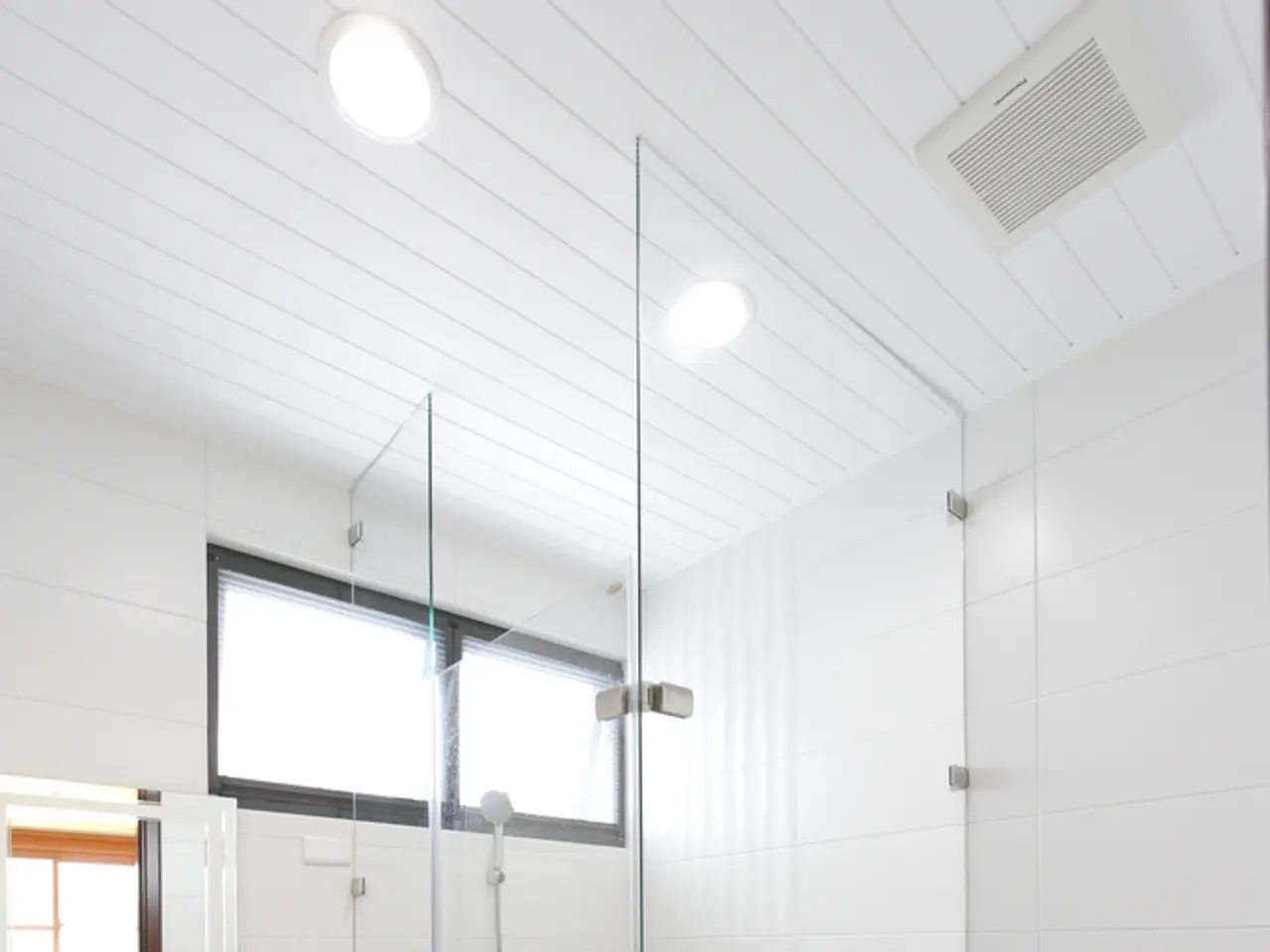De-criminalizing Hydra for 40 years: "Decriminalization offers a form of protection"
In the heart of Berlin, issues surrounding sex work and the support available to those involved continue to be a topic of concern. The Prostitution Protection Act (ProstSchG), passed in 2017, introduced a series of changes that have had both positive and negative impacts on the sex worker community.
One of the key aspects of the ProstSchG is the mandatory registration of all sex workers and the prohibition of using prostitution establishments as accommodation. This has created additional barriers for many, particularly for non-white persons or those without a German passport, who often lack access to regular housing or support systems.
The ProstSchG has also failed to lower the barriers to statutory health insurance for sex workers, leaving many in precarious living conditions. Many sex workers, including those who work on the famous Kurfürstendamm, are homeless or face such conditions.
Right-wing ideologies have historically been hostile towards sex workers, and current incidents of hostility are being documented. The Amadeu Antonio Foundation maintains a register for documenting sex-worker-hostile incidents, providing a vital resource for tracking and addressing these issues.
In an unfortunate turn of events, the Federal Ministry of Families ignored the evaluation results of the ProstSchG and staged a PR event promoting the Nordic criminalization model, contradicting the evaluation. This has raised questions about the ministry's commitment to addressing the needs of sex workers and ensuring their safety.
Despite these challenges, there are initiatives working tirelessly to support sex workers in Berlin. Hydra offers psychosocial support and acute trauma support, with specially trained therapists sensitive to sex work issues. Their team includes five social workers, providing assistance with application processes, access to healthcare, housing searches, vocational reorientation, and counseling on the start of sex work.
TransSexWorks is another initiative trying to mitigate conflicts between residents and sex workers in Berlin-Schoneberg. The Housing First project, funded by the Berlin government to combat homelessness, is considered good and important, but hardly implementable, leaving many homeless women without a place to sleep, even if they manage to contact a counseling center.
In addition, the number of sleeping places for homeless women in Berlin is low, and the hurdles for the affected people to even gain access are high. Initiatives like Neustart e.V. offer contact cafés and have started a model project funded by the Federal Ministry for Family, Seniors, Women, and Youth, providing help for those living on the streets and access to professional social work and emergency shelters.
However, the future of these initiatives is uncertain. Hydra's funding is expected to decrease next year, despite increasing costs, potentially affecting the extent of their offer. The Lower Saxony Institute for Criminal Research published an evaluation of the ProstSchG in June, confirming the need for decriminalization and protection of sex workers. As the conversation around sex work and support continues, it is crucial that the needs of sex workers are prioritized and addressed effectively.
Read also:
- United States tariffs pose a threat to India, necessitating the recruitment of adept negotiators or strategists, similar to those who had influenced Trump's decisions.
- Weekly happenings in the German Federal Parliament (Bundestag)
- Southwest region's most popular posts, accompanied by an inquiry:
- Discussion between Putin and Trump in Alaska could potentially overshadow Ukraine's concerns








